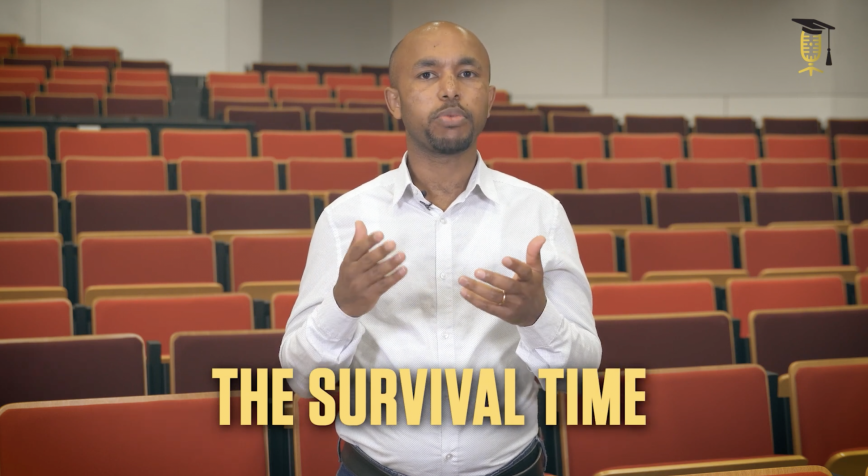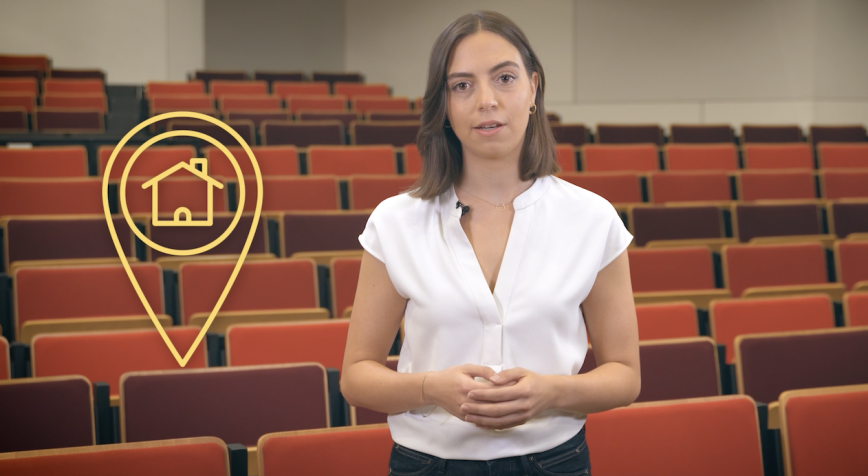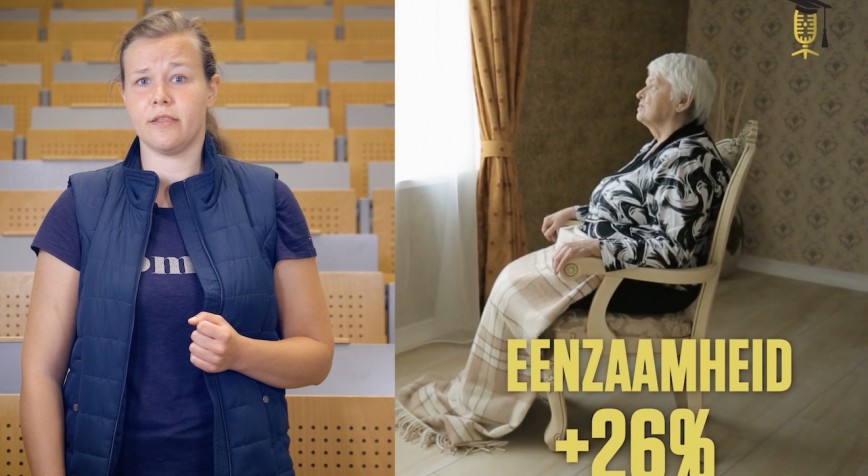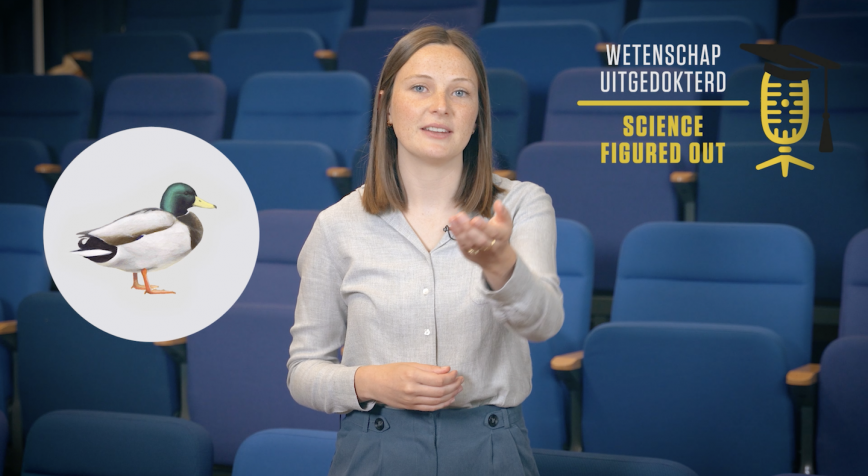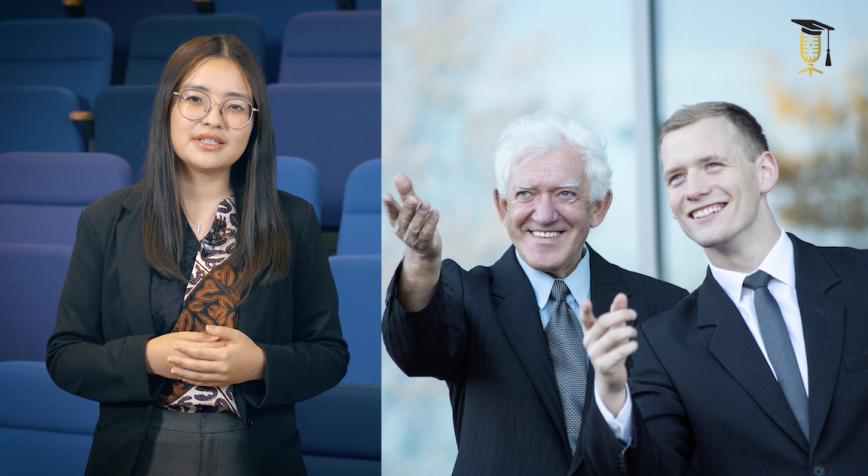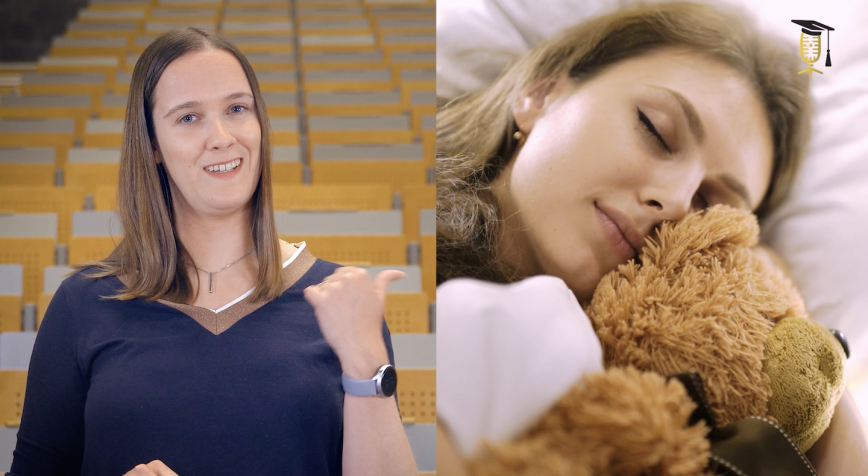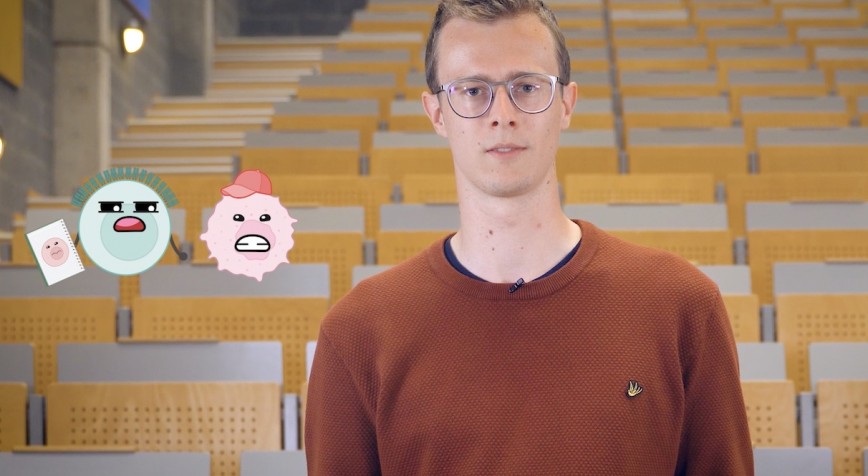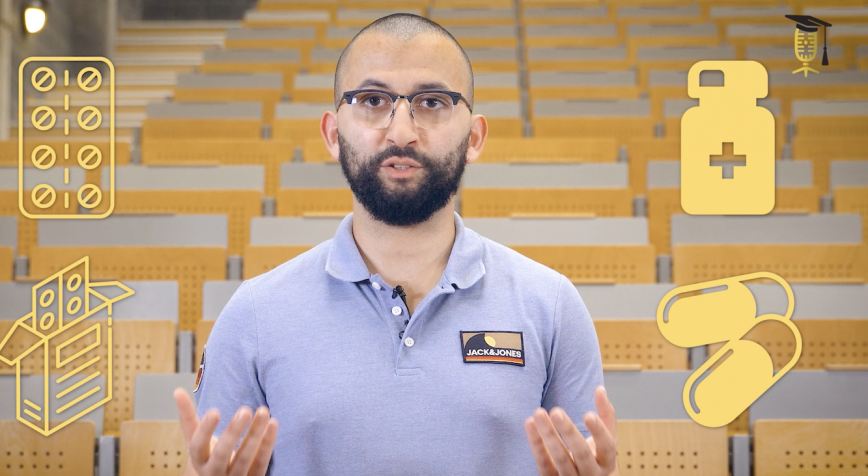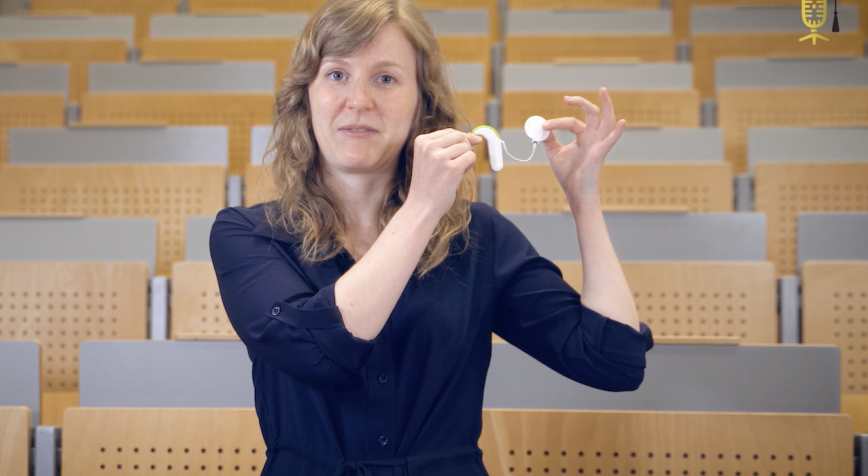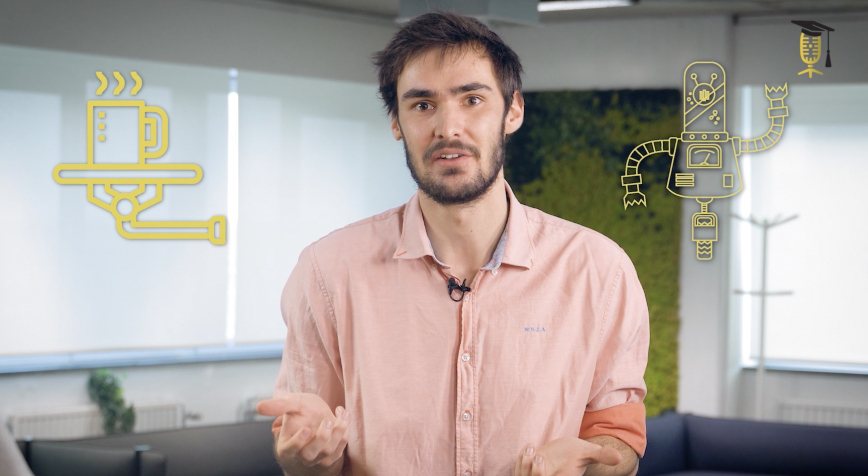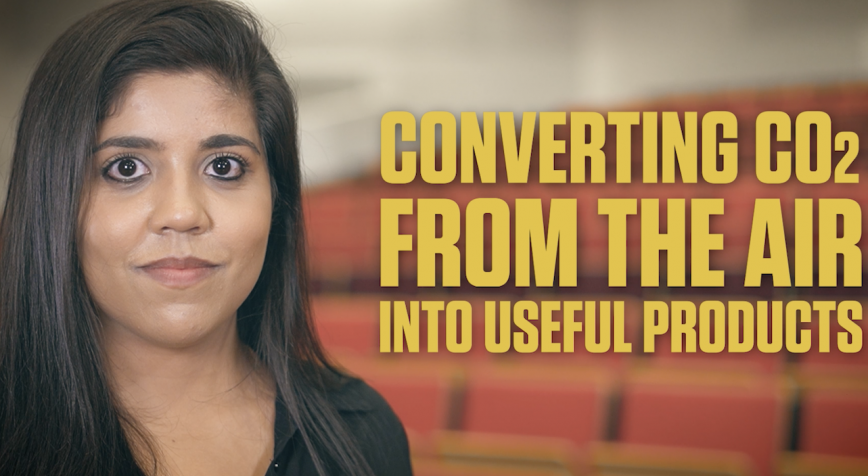
UHasselt
Converting CO2 from the air into useful products
Daniely Reis Santos is a plant lover. She especially loves plants' ability to engage in photosynthesis: capturing CO2 from the air and converting it into sugar using the sun's energy. In her doctorate, she is determined to do the same: use solar energy to convert CO2 into useful products through a process called photo electrocatalysis. But in order to do so, there are some challenges she must tackle.
